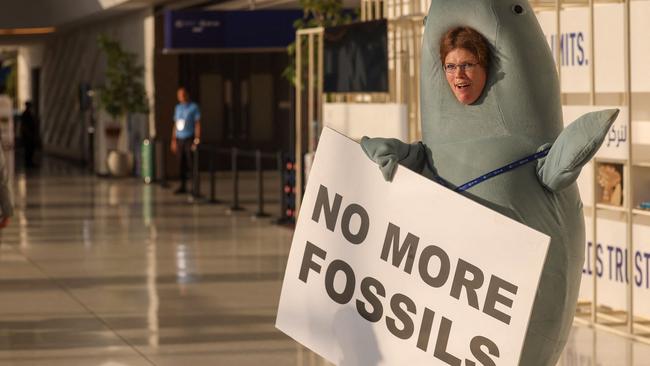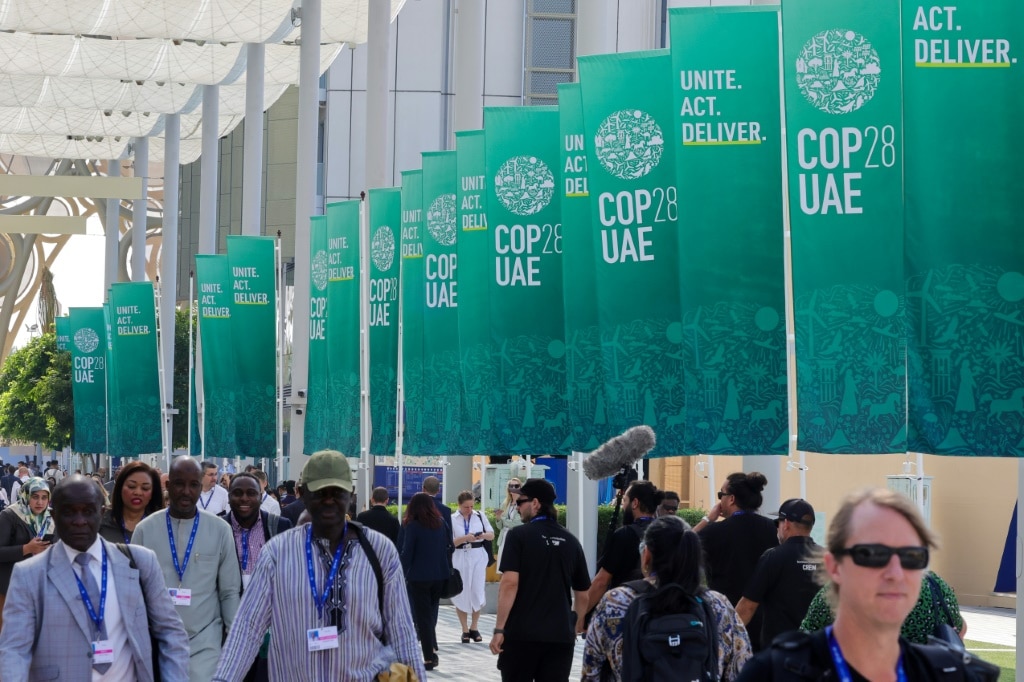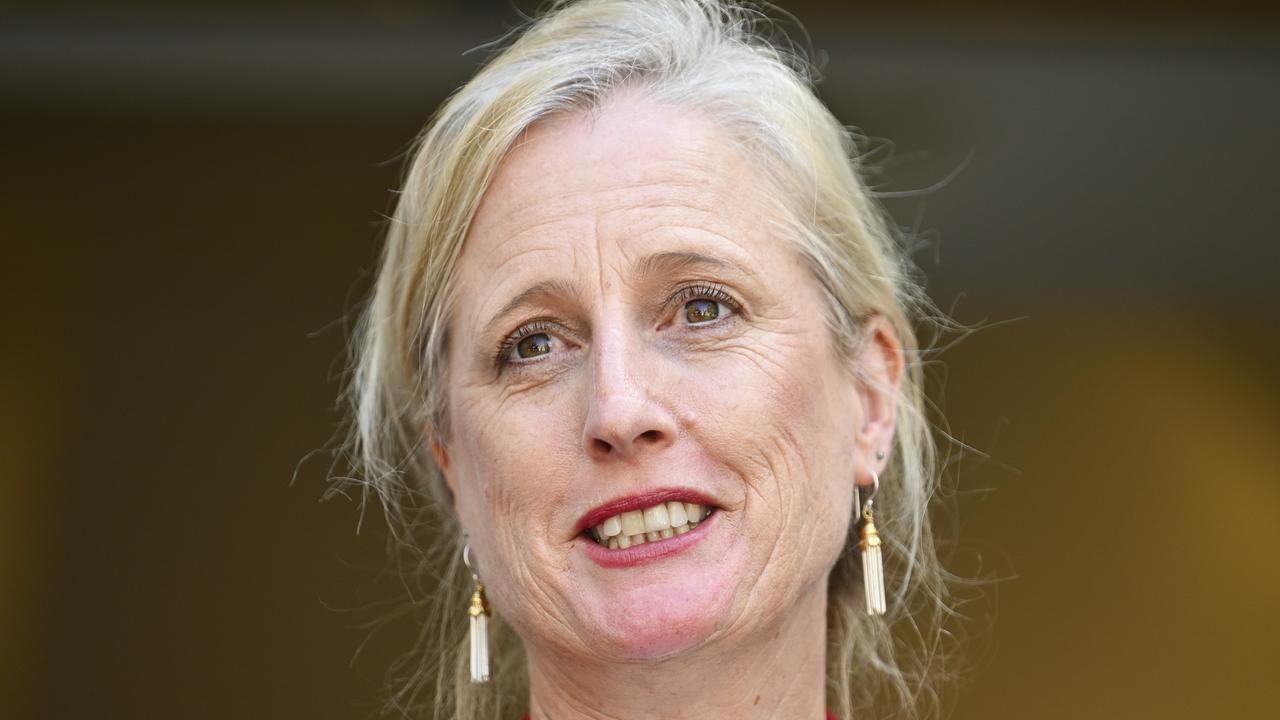Albanese government to announce contributions for Pacific Resilience Facility, Green Climate Fund, not COP28’s loss and damage fund
Climate funds that deliver the greatest impact for the Pacific are being prioritised over COP28’s global loss and damage fund.

Climate and Energy Minister Chris Bowen will hold off contributing to COP28’s global loss and damage fund and instead focus on delivering practical outcomes for the Pacific, with the Albanese government preparing to announce funding for two other climate finance vehicles.
The Australian understands Labor will prioritise money for the Pacific Resilience Facility – which is of great important to the region – and the controversial UN Green Climate Fund over the COP fund, defying calls from climate and charity groups to make an initial pledge of $100m.
Mr Bowen, who will fly to Dubai for the United Nations climate change conference on Wednesday amid calls from Labor and union figures to lift the ban on nuclear energy, is expected to push back against any demands that COP28 commit to a phase-out of fossil fuel.
Government sources said Labor wanted to know which donors would contribute to the loss and damage fund – being established to help poor countries deal with climate change – who would receive the money, how much would go to small island states and how it would be administered before considering a contribution.
Fiji is pushing for the fund to target the “special challenges” confronting the developing small island states most exposed to climate change.
There’s also a growing push to force developing countries such as China, which is much wealthier than it was three decades ago, to help compensate the most vulnerable nations.
“We will be actively participating in the COP seeking a strong outcome,” Mr Bowen said on Tuesday.
Australian Industry Group climate change and energy director Tennant Reed, who is in Dubai for the conference, said at this point it was appropriate for the Albanese government to concentrate on instruments it understood and that had the biggest impact on the Pacific.
“Ultimately, we’ll have to kick into the global loss and damage fund kitty, but if it’s not this year I don’t think it’s any real problem at all,” he said.
“The loss and damage fund is very new and the commitments that have been made so far, which are several hundred million dollars to my knowledge, are very much a down payment on getting this thing up and running. Everybody knows that, in the end, billions, and lots of billions, will be needed to truly address loss and damage in developing countries.”
While former Labor defence minister Joel Fitzgibbon continues to spruik a lifting of Australia’s ban on nuclear energy, writing in The Australian that it would show decision-makers at COP we are serious about meaningful action on climate change, teal MPs – whose seats the Liberal Party needs to win back to help form government – said it was too expensive and would take too long to come online.
“If you look at this from a purely financial perspective, nuclear power is just a non- starter,” Mackellar MP Sophie Scamps said.
“Small modular reactor technology is still being developed and is unlikely to be commercially available until about 2035. It would be irresponsible for Australia not to get on with the job of becoming a renewables superpower and tapping into our natural advantages. If we don’t put our foot down we will miss the boat.”







